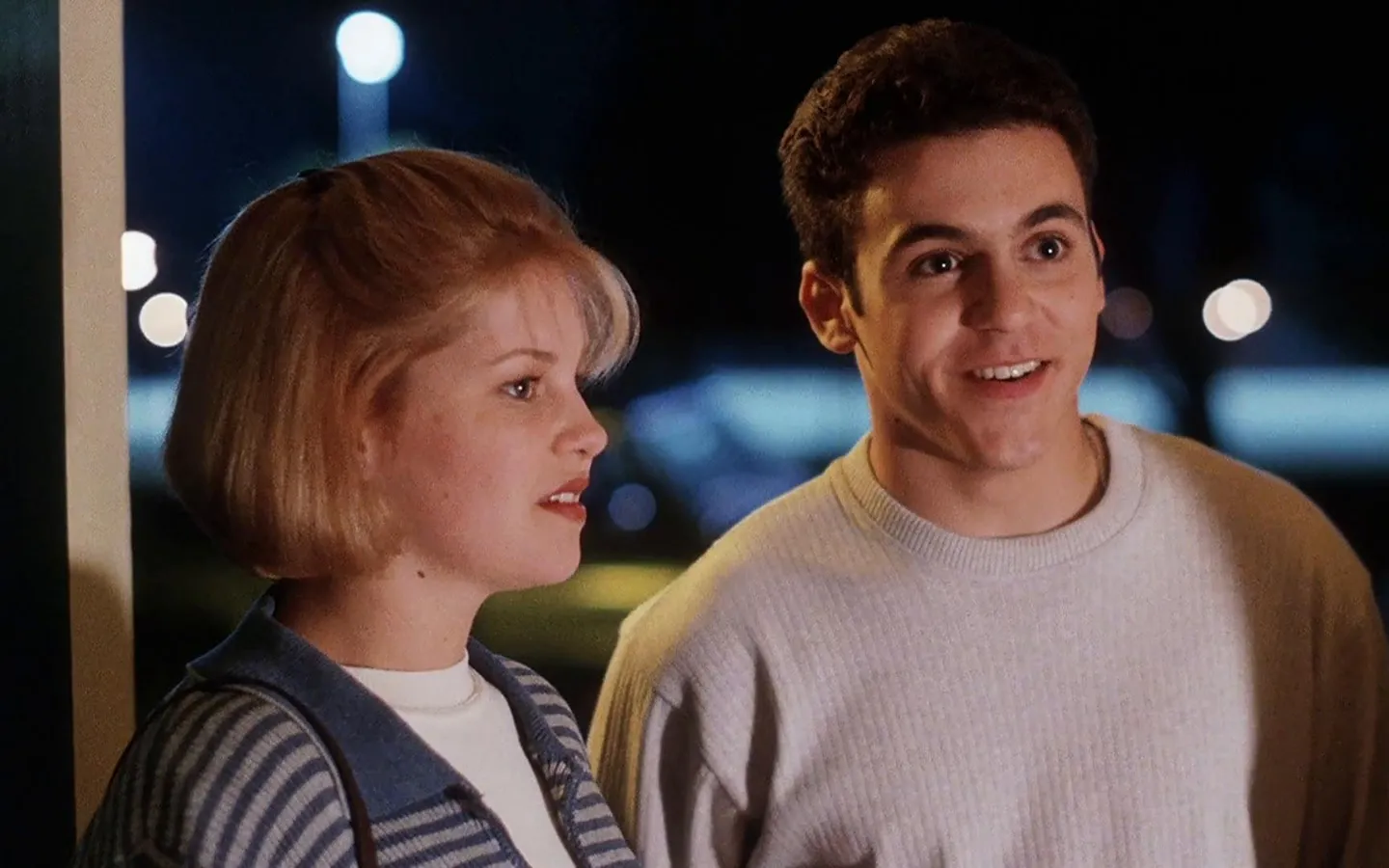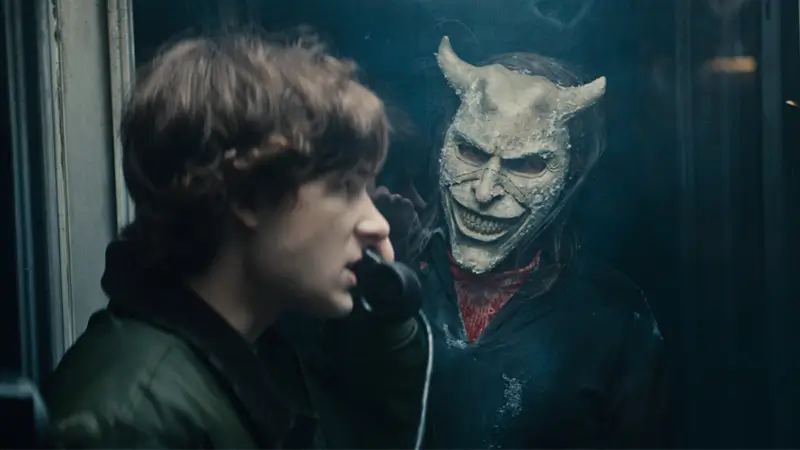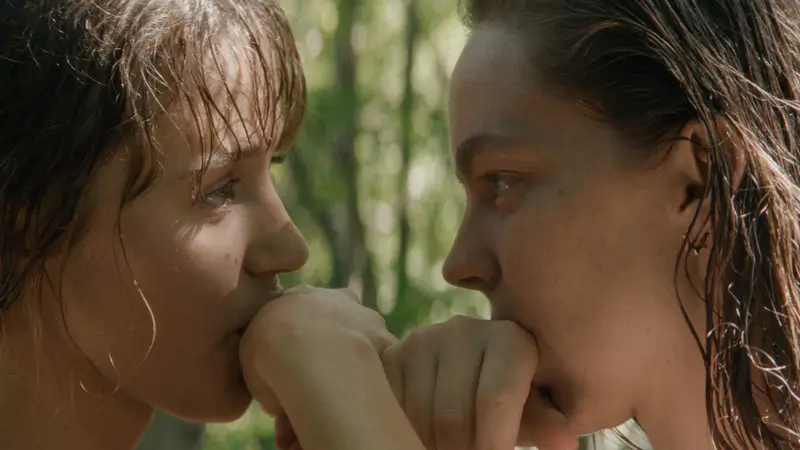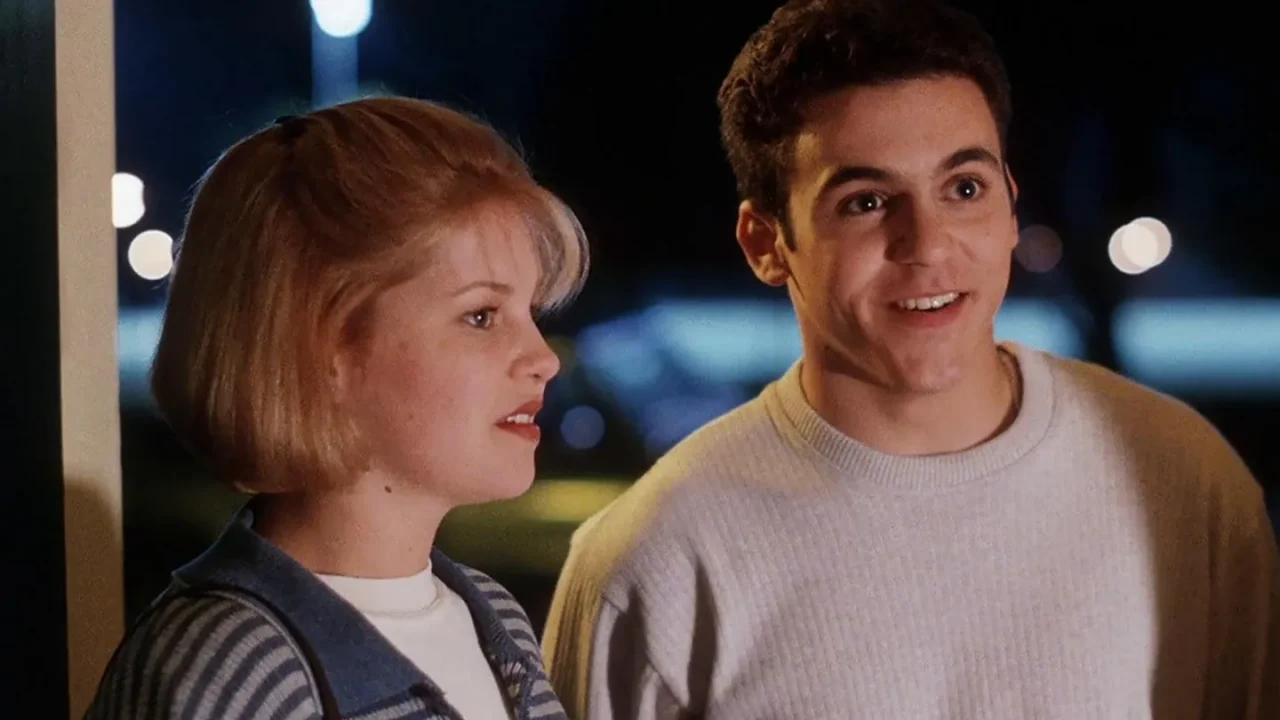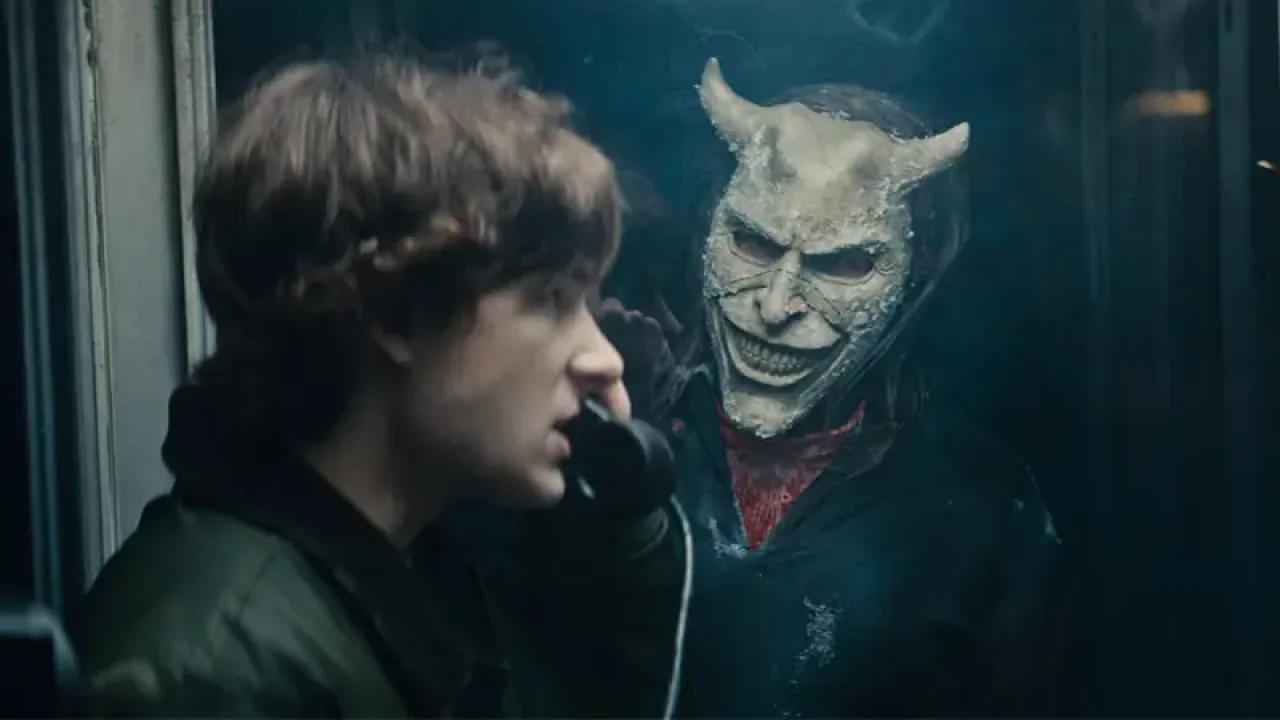While watching Lucky Lu (Canada and United States, 2025), you couldn’t blame anyone who’s seen Bicycle Thieves (Italy, 1948) for thinking about Vittorio de Sica’s neorealist classic. The feature debut of Korean-Canadian filmmaker Lloyd Lee Choi—competing in the Rio Festival 2025—could even be considered a kind of remake.
Or perhaps not so much a remake, but rather an update. Separated by almost eight decades, both films share narratives triggered by bicycles in contexts of marginalization, proving that precarity isn’t only created in postwar periods: the gig economy already does that with plenty of efficiency.
What’s it about?
Lu (Chang Chen) has an informal job in New York as a food delivery worker on an electric bicycle. With his salary, he manages to rent a small apartment to live with his wife and young daughter, who are traveling to meet him from China after years apart.
However, when his bicycle is stolen and the rent turns out to be a scam, Lu finds himself in a race against time to secure the means to keep his family afloat before they arrive in the city.
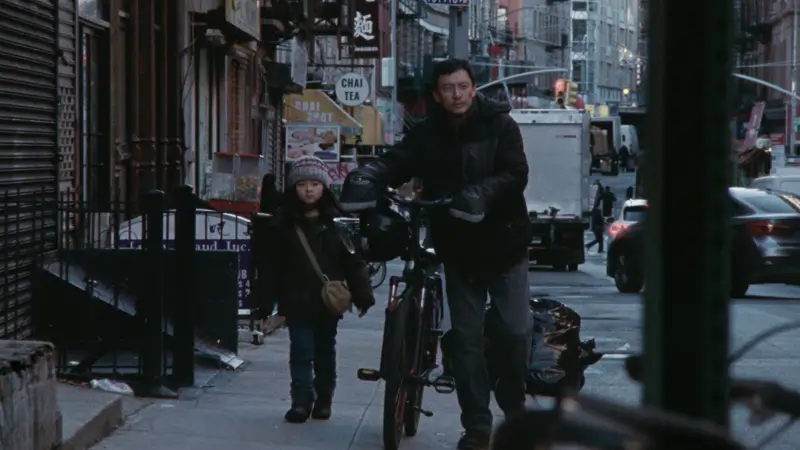
Lucky Lu illustrates (and makes you feel) the economic precarity of migrants
If we remove the context of postwar Italy, the comparison between Lucky Lu and Bicycle Thieves is more than relevant. Bustling New York doesn’t show social precarity as visually evident as Rome devastated by World War II, but just knowing the protagonist’s conditions is enough to understand that it’s there: one unfortunate incident—let alone two—is enough for his economic and family situation to collapse.
To avoid a sense of miserabilism and even exploitation, Lloyd Lee Choi has the great insight to present the character’s hopes from the beginning. Understanding that his daughter’s livelihood is at risk—and that he feels this as a failure—adds weight and anguish to the chain of events that will follow him, and even generates empathy for him when he dares to go to morally questionable extremes.
And likewise, similar to De Sica’s film, the director alternates between the perspectives of the distressed father and the child’s gaze that witnesses the moral breakdown from an innocence destined to be lost.

However, Lee Choi is neither indulgent nor completely partial toward his protagonist, exposing that misfortune could well be a past that catches up with him. His situation is, in general, hopeless and lonely, something expressed by the visual approach. The photography always keeps its distance, framing other characters from behind, depriving them of any possible expression of empathy in an already cold city.
But once again, the spirit of Lucky Lu is not one of miserabilism, but of sincere and emotional realism. There lies its strength: it’s aware that, despite a long chain of misfortunes, there can be hope if you look at what’s essential.




